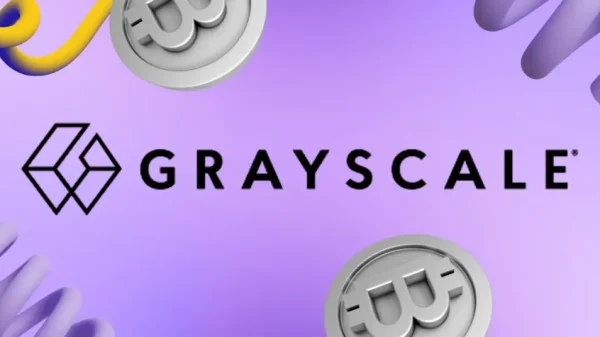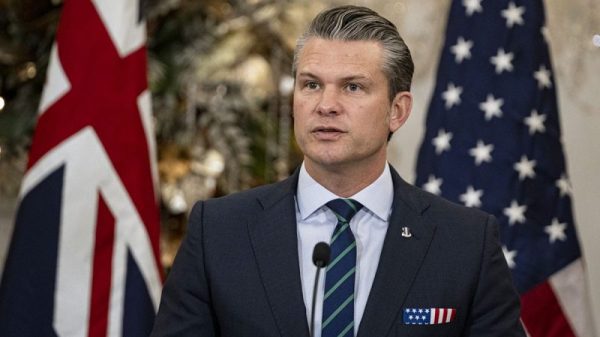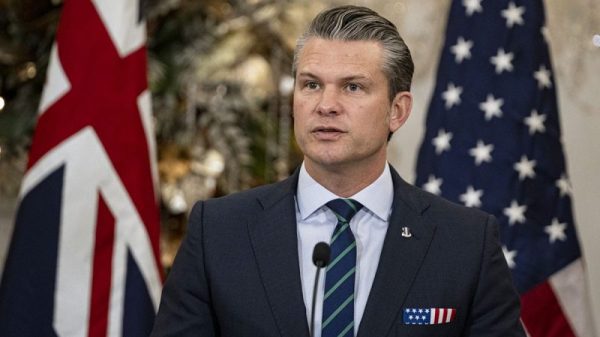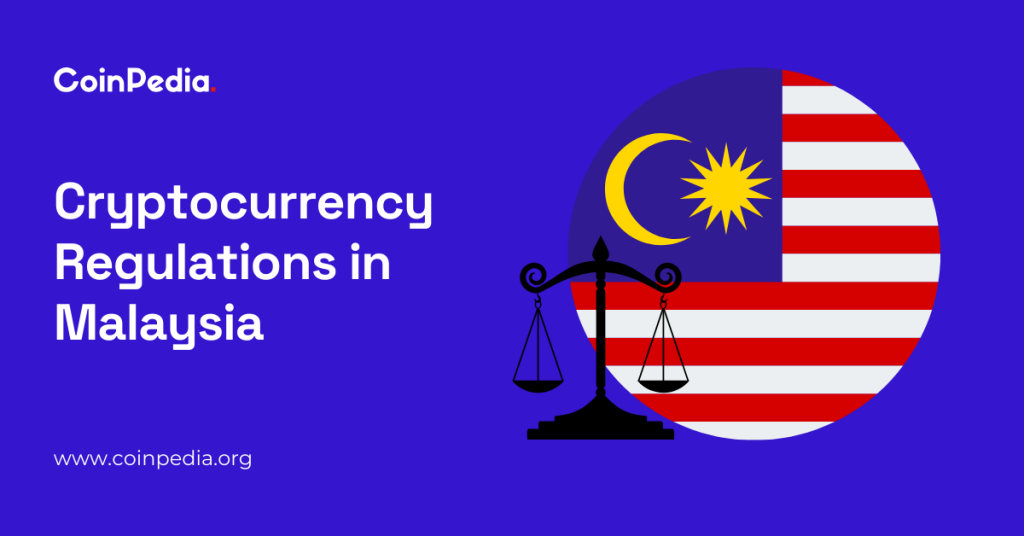The post Malaysia’s Central Bank Launches Three-Year Plan to Test Asset Tokenization appeared first on Coinpedia Fintech News
Bank Negara Malaysia (BNM) has kicked off a three-year programme to test real-world asset tokenisation. A newly released roadmap aims to understand how blockchain-based tokenization can transform Malaysia’s financial landscape, from Islamic finance to supply chain management, with industry feedback open until March 1, 2026.
Malaysia’s 3-Year Plan for Tokenization
BNM has released a Discussion Paper on Asset Tokenisation to collect feedback from the financial and technology sectors. The goal is to create a Digital Asset Innovation Hub and an industry working group that will explore how tokenization can be used in real-world financial systems.
The plan follows a clear three-year roadmap
In 2026, the focus will be on proof-of-concept and pilot testing to identify what works and what doesn’t.
By 2027, these pilots will expand into larger trials, guided by early findings and input from industry participants.
Lastly, BNM has invited stakeholders to share their feedback and ideas for use cases by March 1, 2026.
Focus Areas and Selection Criteria
BNM’s working group will explore use cases in areas such as:
Supply chain finance, where tokenization can improve transparency, traceability, and speed of payments.
Islamic finance, where blockchain can help create more efficient and transparent Sharia-compliant products.
However, BNM has made it clear that not every idea qualifies, projects must show tangible real-world benefits, use blockchain only when it’s the right fit, and remain technically feasible within current infrastructure.
Why Malaysia Is Exploring Tokenization Now
BNM wants tokenization to fix real-world challenges, starting with Malaysia’s RM101 billion SME financing gap by turning invoices into digital tokens, helping small businesses get quicker and cheaper loans.
The central bank also plans to apply this to Islamic finance, where Malaysia already leads globally. Using tokenized sukuk & smart contracts to automate payments, increase liquidity, and improve Malaysia’s RM2.4 trillion Islamic market, while following Shariah rules.
For sustainability, tokenized green bonds could tie payments to verified climate results, reducing greenwashing and boosting investor trust in Malaysia’s fast-growing ESG sector.
With this structured plan, BNM aims to bridge innovation and practicality, positioning Malaysia as a regional leader in regulated digital finance.


































